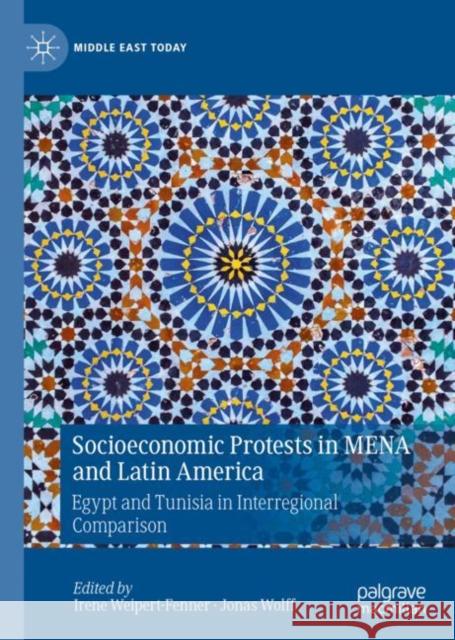Socioeconomic Protests in Mena and Latin America: Egypt and Tunisia in Interregional Comparison » książka
topmenu
Socioeconomic Protests in Mena and Latin America: Egypt and Tunisia in Interregional Comparison
ISBN-13: 9783030196202 / Angielski / Twarda / 2019 / 274 str.
Socioeconomic Protests in Mena and Latin America: Egypt and Tunisia in Interregional Comparison
ISBN-13: 9783030196202 / Angielski / Twarda / 2019 / 274 str.
cena 326,93 zł
(netto: 311,36 VAT: 5%)
Najniższa cena z 30 dni: 325,42 zł
(netto: 311,36 VAT: 5%)
Najniższa cena z 30 dni: 325,42 zł
Termin realizacji zamówienia:
ok. 20 dni roboczych.
ok. 20 dni roboczych.
Darmowa dostawa!
Kategorie BISAC:
Wydawca:
Palgrave MacMillan
Seria wydawnicza:
Język:
Angielski
ISBN-13:
9783030196202
Rok wydania:
2019
Wydanie:
2020
Numer serii:
000412774
Ilość stron:
274
Waga:
0.63 kg
Wymiary:
21.01 x 14.81 x 2.39
Oprawa:
Twarda
Wolumenów:
01
Dodatkowe informacje:
Wydanie ilustrowane











